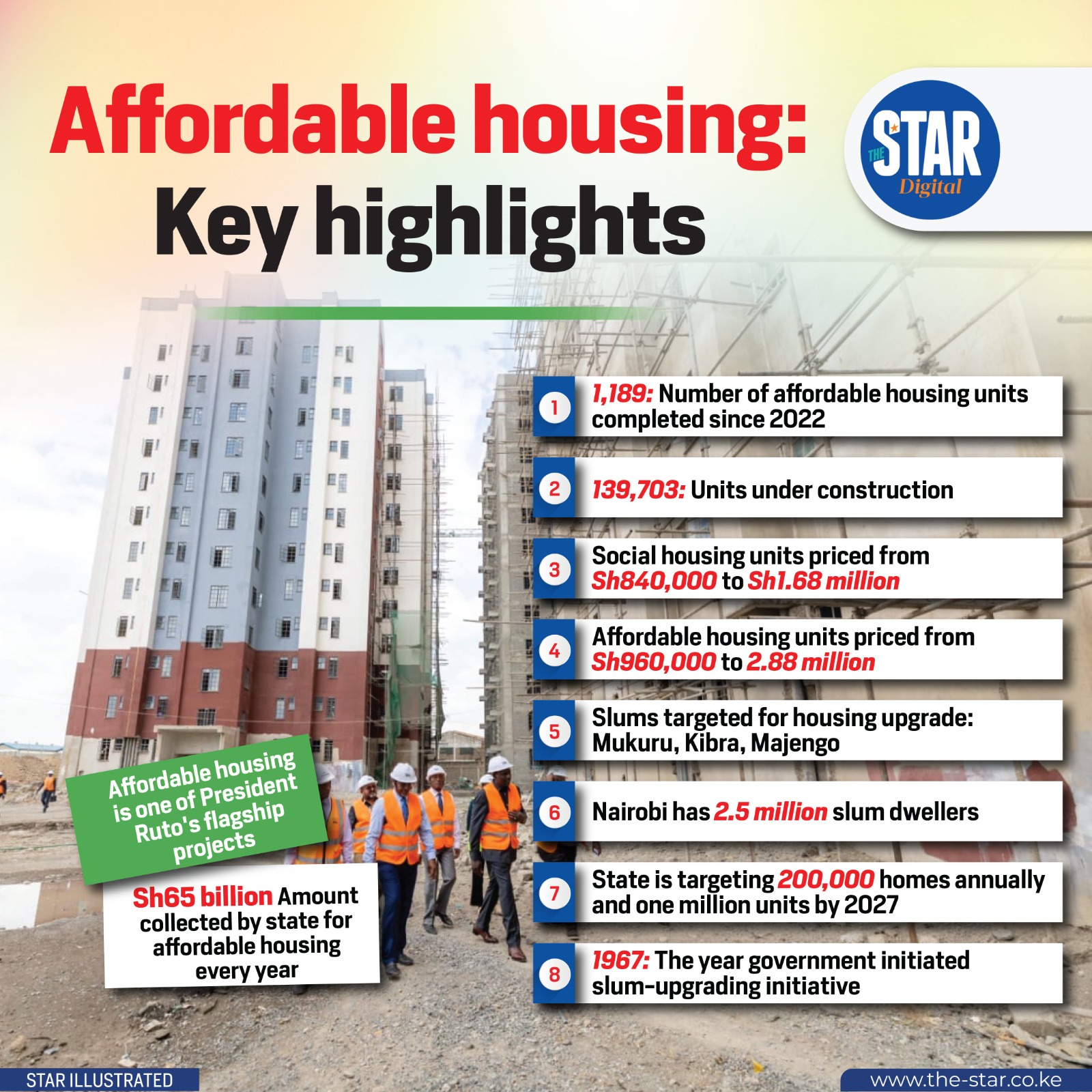The global rise of remote work has led to a surge in digital nomads – individuals who leverage technology to work from anywhere in the world. Kenya, with its vibrant culture, pleasant climate, relatively affordable cost of living, and improving internet infrastructure, is increasingly on their radar in 2025. This trend has noticeable impacts on specific segments of the real estate market.
1. Who Are Digital Nomads and Why Kenya?
Defining the digital nomad lifestyle. Kenya's appeal: wildlife and nature, adventure tourism, established expatriate communities, English proficiency, and specific visa policies (e.g., Digital Nomad Visa if fully implemented and popular by 2025). Key nationalities and professions of digital nomads in Kenya.
2. Housing Preferences of Digital Nomads
Demand for flexible, furnished accommodation: serviced apartments, Airbnb units, boutique guesthouses. Key requirements: reliable high-speed internet, comfortable workspace within the unit, security, and proximity to amenities (cafes, restaurants, recreational spots). Preference for monthly or medium-term rental agreements.
3. Impact on Specific Rental Markets
- Coastal Towns (Diani, Watamu, Kilifi): Increased demand for villas, cottages, and apartments with good Wi-Fi, often leading to rental price increases in these specific niches.
- Nairobi Suburbs (e.g., Kilimani, Lavington, Westlands, Karen): Popular for their amenities, co-working spaces, and social scene. Impact on the serviced apartment and high-quality Airbnb market.
- Emerging Spots (e.g., Nanyuki, Naivasha): Growing interest due to lifestyle appeal and proximity to nature.
4. The Boom in Co-working and Co-living Spaces
Digital nomads often seek community and professional work environments. Growth of co-working spaces in Nairobi and other key towns offering flexible desks, meeting rooms, and networking opportunities. Emergence of co-living spaces that combine accommodation with shared workspaces and communal amenities.
5. Opportunities for Property Owners and Developers
Tailoring rental units to meet digital nomad needs (e.g., dedicated workspaces, enhanced internet packages). Investing in co-working or co-living facilities in high-demand areas. Marketing properties specifically to the digital nomad community through relevant platforms.
6. Challenges and Considerations
Ensuring reliable internet and power supply. Navigating visa regulations and tax implications for longer-staying nomads. Potential for increased rental prices to affect local affordability. Managing expectations and providing consistent service quality.
7. Government Initiatives and Tourism Promotion
Any specific government policies or tourism campaigns aimed at attracting digital nomads to Kenya. The role of the Digital Nomad Visa in streamlining entry and stay.
Conclusion
Digital nomads represent a growing and influential niche market for Kenyan real estate in 2025. Property owners, developers, and service providers who understand and cater to their unique needs can tap into this lucrative segment, particularly in the flexible furnished rental and co-working space sectors. This trend also contributes to local economies and cultural exchange.




